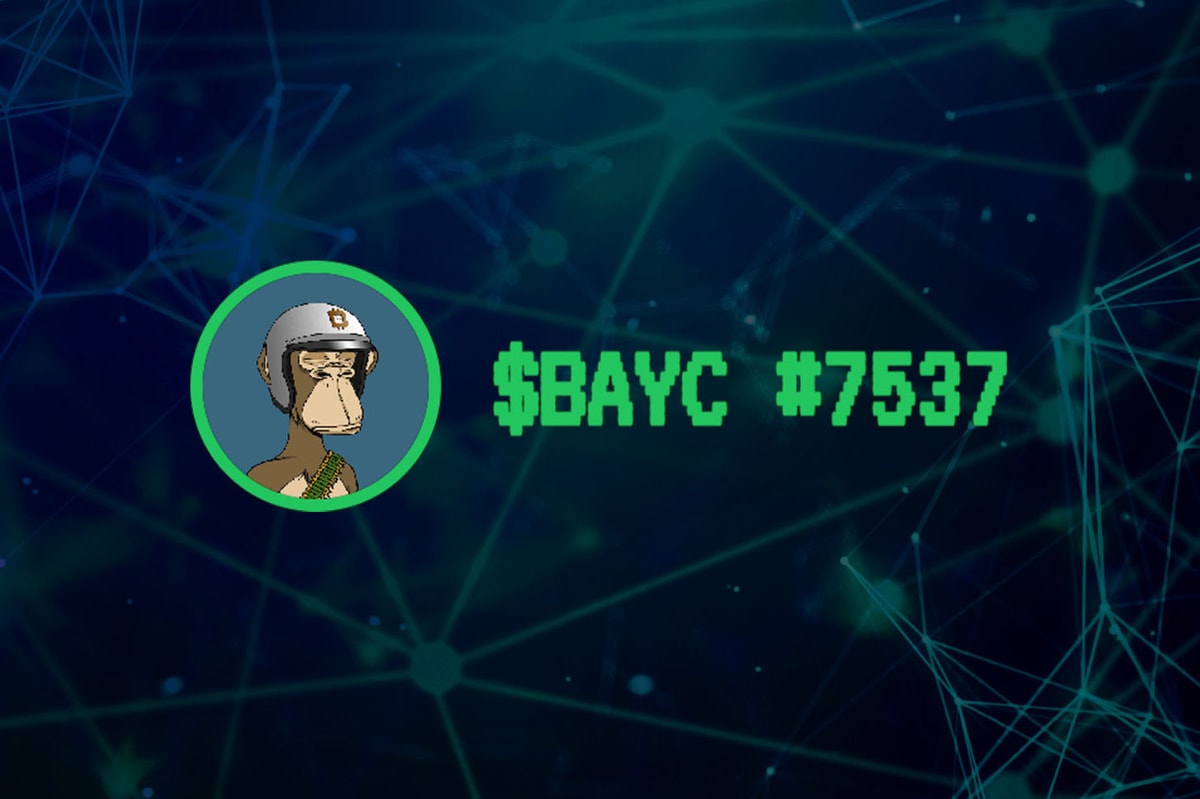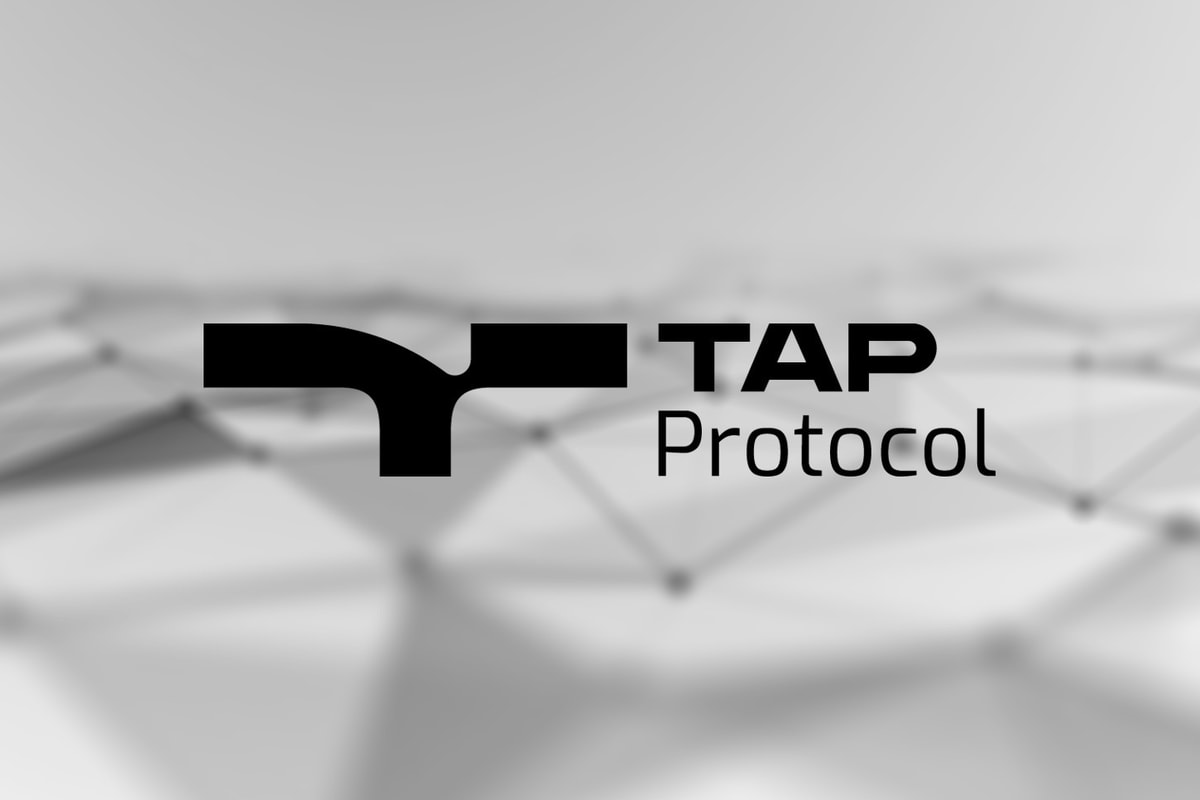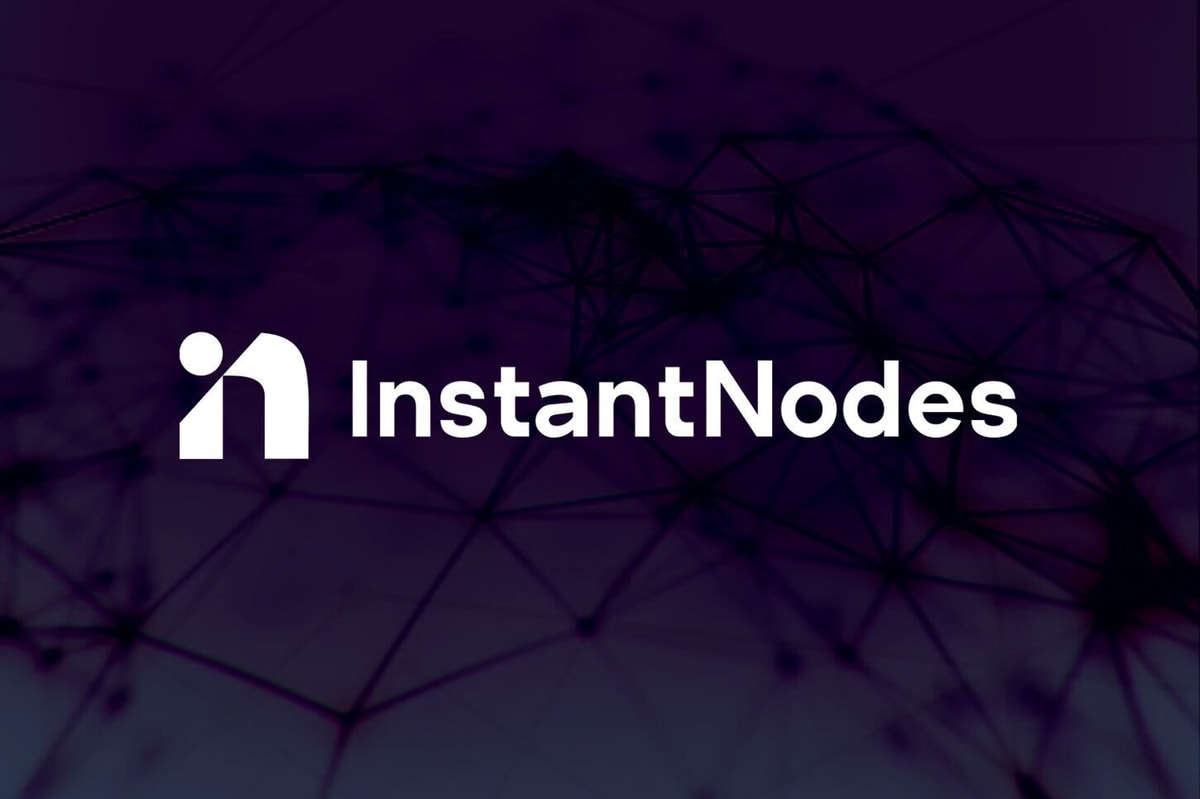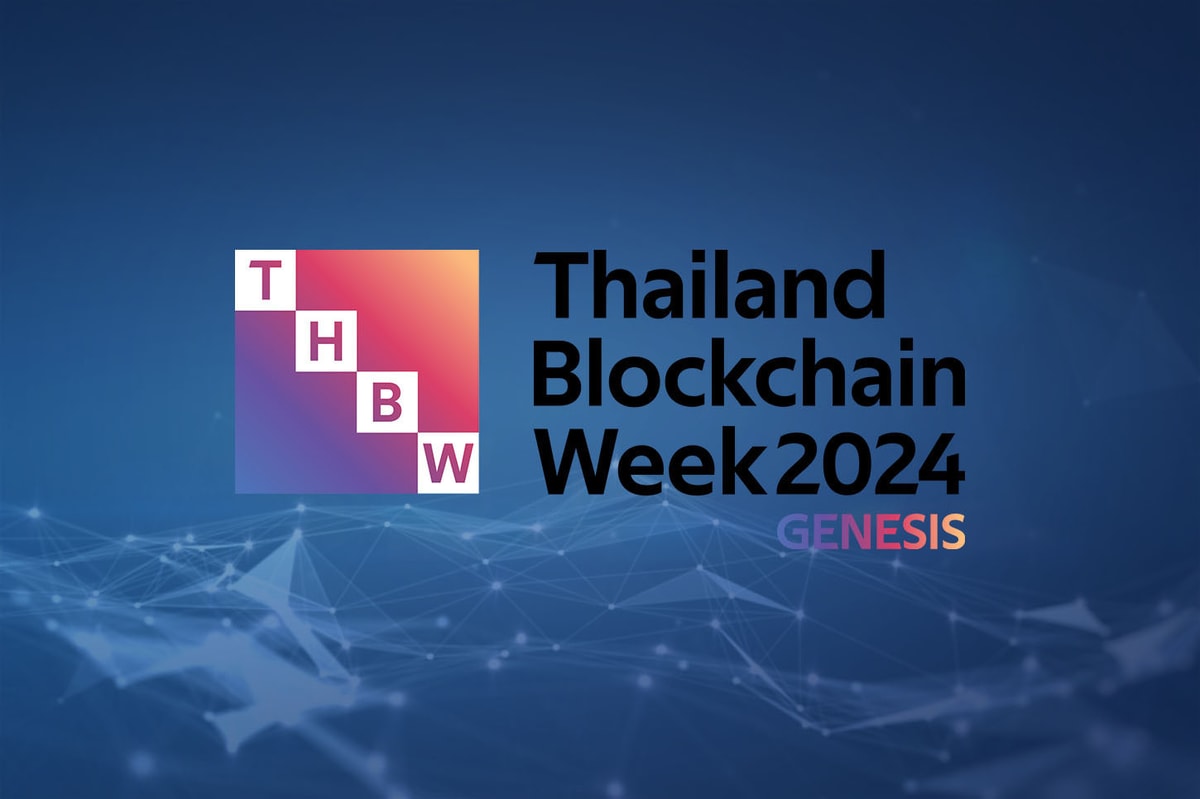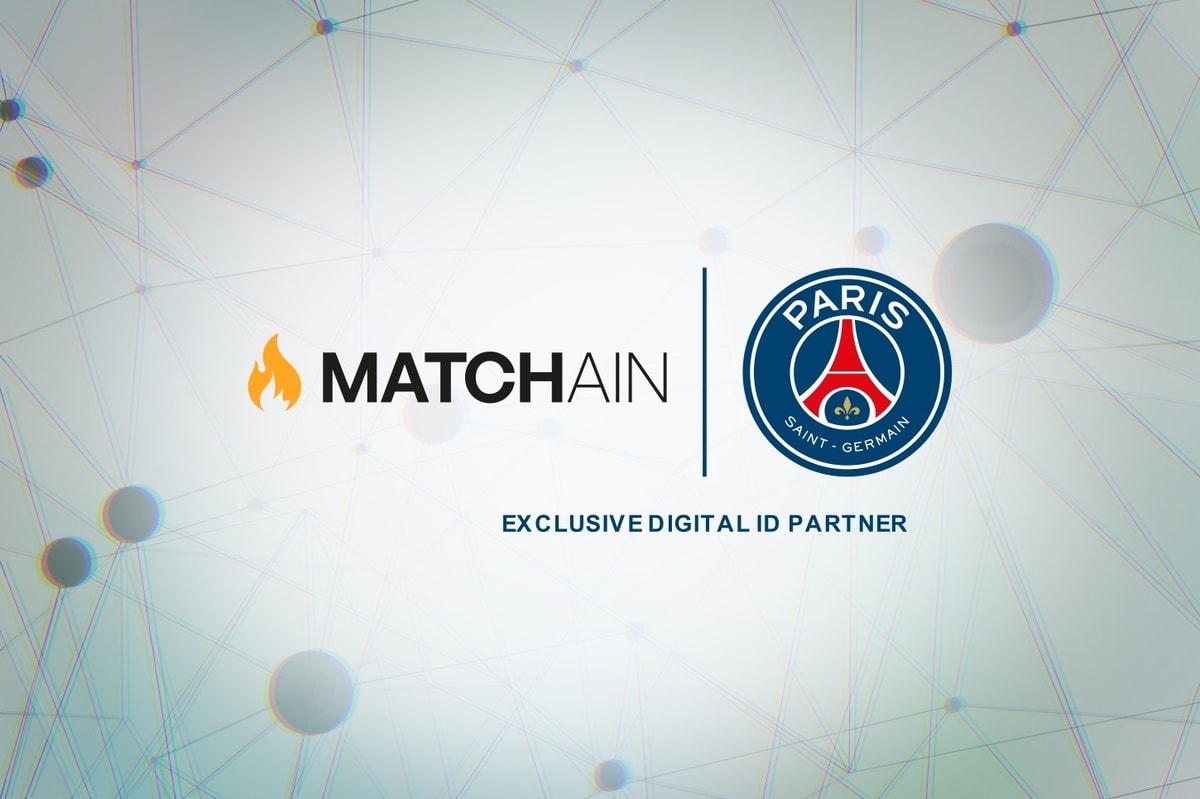Most businesses want to scale globally. Operating in new countries means access to new markets, new customers, and increased revenues.
However, doing business across borders comes with drawbacks. When it’s time to make cross-border payments varying exchange rates, cross-border transaction fees and payment settlement times have to be taken into account. Unfortunately, all of these factors reduce profits.
So how can businesses scale globally and reduce the risks that doing business overseas introduces to their company? The solution one company found to this problem was a public blockchain.
Why use a blockchain?
A blockchain network for payments eliminates risks that come with expanding overseas. A blockchain is an immutable, peer-to-peer distributed database. Transactions that take place over a blockchain network are recorded on an encrypted public ledger and are there forever. This significantly helps when it comes to accounting.
In addition, transactions happen peer to peer without an intermediary, which removes cross-border transaction fees from the equation, and payment settlement times are nearly instantaneous. Also, if the blockchain has a token native to its network, then the risk that comes with varying exchange rates are negligible if the prices of goods and services are dominated in that native token.
OpenExO is a globally-oriented “transformation ecosystem” comprised of companies, investors, coaches and innovation specialists helping organizations, institutions and people unlock opportunities using accelerating technologies and advanced organizational operations techniques. When OpenExO began establishing itself in countries around the world, ExO community members quickly ran into the problems that are known to accompany cross border business.
“We get paid from America, Europe, Australia, and Asia, and transferring money to Colombia is often challenging for our clients.” Said Daniel Serrano, the Co-founder of Columbia based digital design and branding studio Ampersand. “Receiving payment in EXOS tokens has been the most efficient and cheapest way to receive payment out of all the methods we’ve tried.”
As a member of the ExO community located outside of the united states, Serrano quickly ran into the problems that arise when you are making cross-border transactions. However, he and the team at Ampersand have found the low friction, instantly-settled, low fee EXOS token to be the best payment solution to the problems they face when doing business with ExO community members located outside their native country.
Reducing Friction in Transactions
OpenExO realized that a number of their community members were running into the same problems as Daniel. Community members were interested in paying for educational courses, sprints, and services offered by other community members. However, if they weren’t located in the same country, payment settlement was expensive and took several days. This is one of the reasons why they created the EXOS blockchain, a permissionless, proof-of-stake blockchain with utility tokens that can be used to acquire advisory, consulting, and educational services from other ExO Community members.
Alex Faust, the head of growth at Growth Institute, says that 20 ExO community members have paid for the Growth Institute’s online educational course with EXOS tokens within the last year. Subsequently, Faust cycled some of his EXOS back into the community to promote education and the progression of other community members—something that would be rather difficult to do if Faust and his team worked in the foreign currencies native to the members of their courses and the ExO Community.
Since ExO Community members use EXOS to transact directly with one another, the EXOS blockchain removes the expensive cross-border transaction fees and lengthy payment settlement times typical of a third-party intermediary like a bank, or money transmitter. This reduces friction when doing business across borders.
Transaction fees on the EXOS blockchain are just .0001 EXOS—a fraction of a penny. And blocks are mined every 67 seconds, which means payments settle in a minute compared to a traditional money transmitter that often takes 3-5 business days and charges a fee in the process.
Blockchain as a Payment Rail
Satoshi Nakamoto believed that a blockchain and a digital currency could be used to enable a peer-to-peer electronic cash system like OpenExO is doing with the EXOS blockchain. When you have a community that has its own economy and its members frequently transact with one another, you want to make sure that as little friction as possible exists so that the economy is running as close as it can to maximum efficiency.
The blockchain has often been esteemed in industries like supply-chain, accounting, and real-estate, because every transaction gets permanently recorded on a ledger that cannot be lost or altered, or because ownership of expensive assets can be fractionalized. But using the blockchain as a peer-to-peer electronic cash system is a classic use-case cited by Satoshi Nakamoto that should not be overlooked—especially for companies looking to do business in a global economy with the lowest amount of friction possible.







